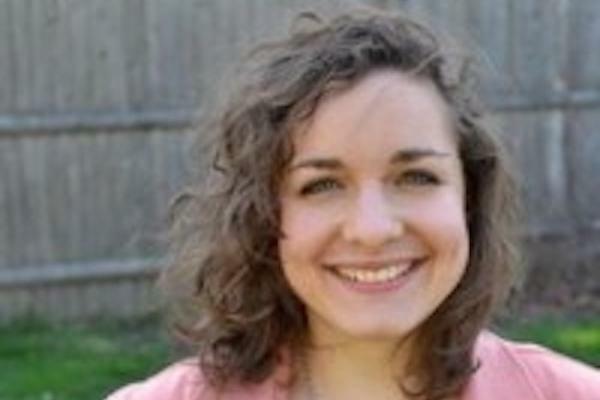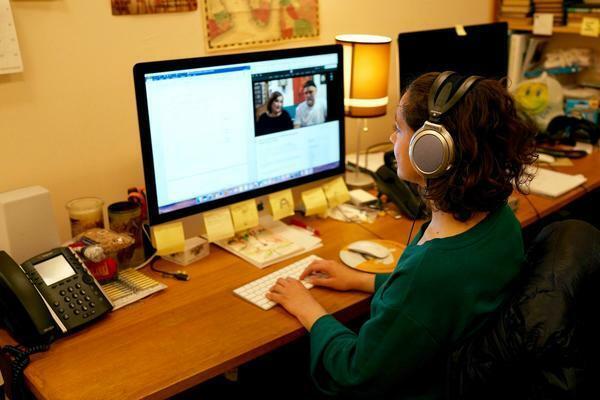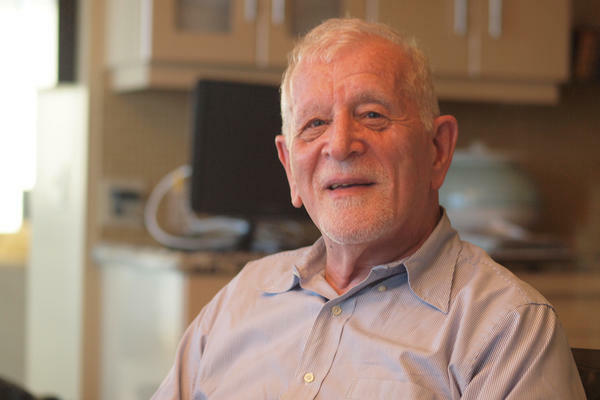NEH Grant Provides Enhanced Access to Hundreds of Oral History Interviews About Yiddish and Modern Jewish Culture
(October 2020): Hundreds of interviews in the Yiddish Book Center’s Wexler Oral History Project’s collection have been made more accessible thanks to a grant from the National Endowment for the Humanities (NEH), which was recently completed. This three-year Humanities Collections and Reference Resources (HCRR) grant from the NEH Division of Preservation and Access funded work to enhance access to over 600 oral history interviews in the Project’s collection. These interviews, conducted in English, Yiddish, and other languages with narrators of all ages from a variety of backgrounds, provide a deeper understanding of the Jewish experience and the legacy and changing nature of Yiddish language and culture.
In announcing the completion of the grant-funded work, Yiddish Book Center executive director Susan Bronson commented, “Thanks to the NEH grant, the Center was able to take advantage of new technologies to provide unprecedented access to hundreds of oral histories that reflect a crucial chapter in the collective memory of the Jewish people. We’re delighted to announce completion of this work and invite the public to engage with this unique and important collection.”
The four major components of this grant included transcribing English-language interviews; indexing interviews; the addition of an enhanced feature to display the personal photographs and artifacts collected along with the interviews; and updating, expanding, and standardizing the collection’s metadata. Some 400 interviews were synced minute-by-minute with their transcripts, and the majority of the collection now has timecoded indices of interview contents. These new features make the Wexler Oral History Project’s collection more accessible both to the general public and to students, researchers, language pedagogues, filmmakers, and journalists, for whom it serves as a valuable source of primary material on Yiddish and Jewish language and culture.
As the Project’s director, Christa Whitney, explained, “Users can now toggle back and forth between the interview transcript and its index. This will allow many opportunities for new uses of our collection—for example, if a documentary filmmaker is working on a film about the Warsaw Ghetto, or if an academic is writing about a Yiddish publication, or a musician is researching the work of a specific cantor, they will be able to access the relevant materials in our collection quickly and comprehensively.”
Since 2010, the Wexler Oral History Project has recorded more than 1,000 in-depth video interviews, all of which are made freely available to view or download on the Yiddish Book Center’s website. You can browse the full collection at yiddishbookcenter.org/tell-your-story and learn more about these new features at yiddishbookcenter.org/collections/wexler-oral-history-project-user-guide.



